Two become one - The advantages of the KFW and BAFA funding programmes merger
It was only in 2020 that the KFW (Credit Institute for Reconstruction) and BAFA (Federal Office of Economics and Export Control) funding for energy-efficient renovations and energy-efficient new buildings was revised as part of the Climate Protection Programme 2030. Now a new programme has been launched by the Federal Funding for Energy-Efficient Buildings (BEG).
KFW and BAFA subsidies merge
The new funding replaces the KFW and BAFA funding programmes as of July 2021. Both will then be restructured and merged into the BEG. This will also apply to all residential buildings, such as owner-occupied flats, single-family and multi-family houses or residential homes, as well as to all non-residential buildings, such as commercial buildings, municipal buildings or hospitals.
Lots of good news
The good news is that, on the one hand, the application procedure will be significantly simplified and the subsidies for particularly sustainable and energy-efficient buildings or technologies will increase. Additionally, there will be only one central application form.
Simplification in two steps
In the BEG, the previous 10 funding programmes have now been combined into three programmes: the full renovation and new construction of residential buildings (BEG WG), of non-residential buildings (BEG NWG) and the renovation of residential buildings with individual measures (BEG EM).
The conversion takes place in several steps. Each programme comes with a funding option in the form of a loan with a repayment subsidy or a grant.
* Bis 30.06.2021 KfW 152, ab 01.07.2021 BEG EM Kreditförderung der KfW; ** Wird ab 2023 vom BAFA übernommen
| BEG | Valid as of | Grant supporting organisation | Loan supporting organisation |
|---|---|---|---|
| Refurbishment of residential buildings with individual measures (BEG EM) | 01.01.2021 | BAFA | KFW* |
| Complete refurbishment & new construction of residential buildings (BEG WG | 01.07.2021 | KFW** | KFW |
| Complete refurbishment & new construction of non-residential buildings (BEG NWG) | 01.07.2021 | KFW** | KFW |
* Until 30.06.2021 KFW 152, from 01.07.2021 BEG EM loan promotion by KFW;
** Will be taken over by BAFA as of 2023
In the BEG EM, various components are promoted at different conditions. Here you can find an excerpt:
| Component | BEG EM (grant) | KFW 152 (loan) | KFW 167 (loan) |
|---|---|---|---|
| Solar thermal system | 30% to 35% of the eligible costs | n/a | |
| Heat pump | Always at least 35% up to a maximum of 50% of the eligible costs | n/a | |
| District heating connection | District heating RE (share of renewable energies for heat generation must be at least 55%), 35% of eligible investment costs | 20% of maximum €50,000 loan amount, up to €10,000** | up to €50,000, no repayment grant (only compatible with BEG EM (grant)) |
| Insulation | 20% of investment costs up to a maximum of €60,000, up to €12,000** + 5% iSFP bonus, up to a total of €15,000**. | 20% of maximum €50,000 loan amount, up to €10,000** | up to €50,000, no repayment grant (only compatible with BEG EM (grant)) |
Funding for construction monitoring and energy consulting
With the BEG EM, a subsidy for expert planning and building monitoring for consultancy costs of up to 10,000 euros was also introduced as of 01.01.2021.
The subsidy for construction supervision covers 50 percent of the eligible costs, i.e. a maximum of 5,000 euros for detached and semi-detached houses and 2,000 euros per residential unit for apartment buildings, with a maximum of 20,000 euros in total.
The following example shows a possible calculation:
The previous subsidy for the renovation of a house to the Efficiency House Standard 55 was 40 percent of the costs or the loan amount, i.e. a maximum of 48,000 euros. If this building generates 55 percent or more of its energy needs for heating or cooling with renewable energies, it falls into the renewable energy classes according to the BEG and thus receives 5 percent more funding. The loan amount or the maximum eligible investment rises to 150,000 euros.
You receive a further 5 percent if the measures carried out for the refurbishment were previously recommended by an energy advisor in a refurbishment plan (iSFP bonus).
In total, you will receive 75,000 euros in funding under the BEG - almost 30,000 euros more than before!
Our little tip: In case you are planning a complete renovation, you should wait until the BEG is fully in force to receive considerably more funding.
For more information:
Thank you for reading this post! We hope you found it to be informative. Make sure you don’t miss out on our future content: follow our company page on LinkedIn.









Head Office, Berlin,
Neue Grünstraße 17 | 18 Hof 1 | TRH 3
10179 Berlin
© ES EnviroSustain GmbH 2021




